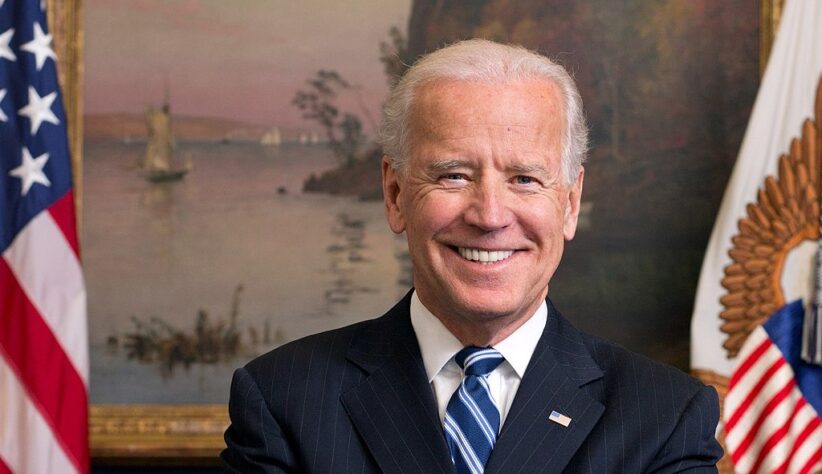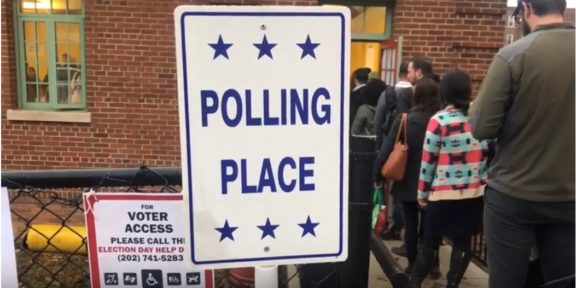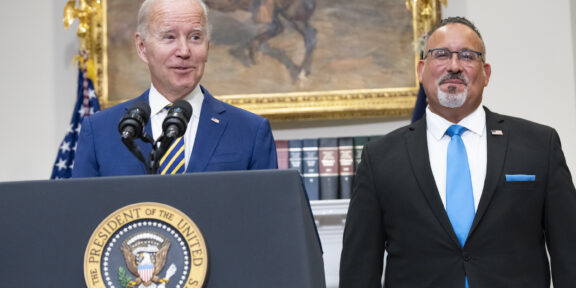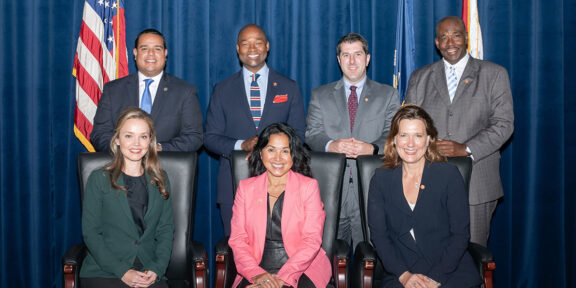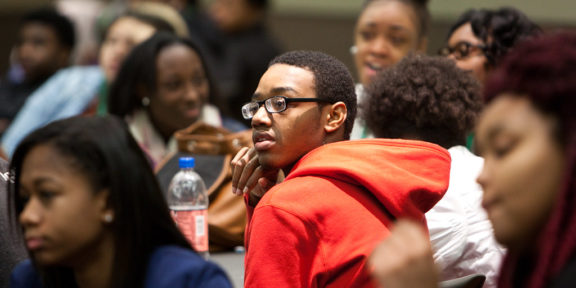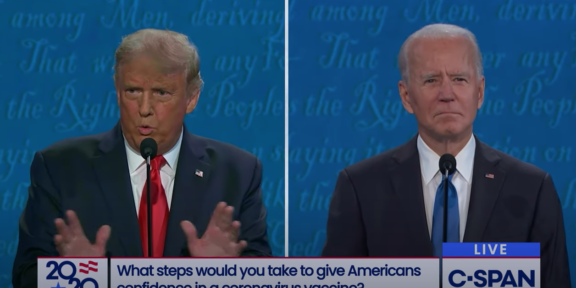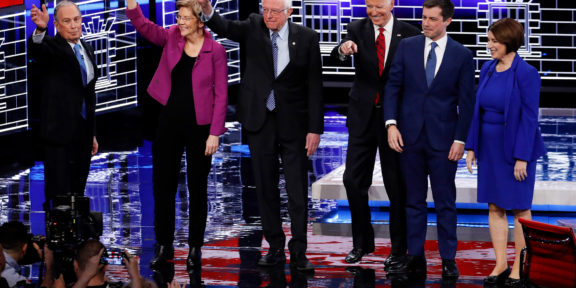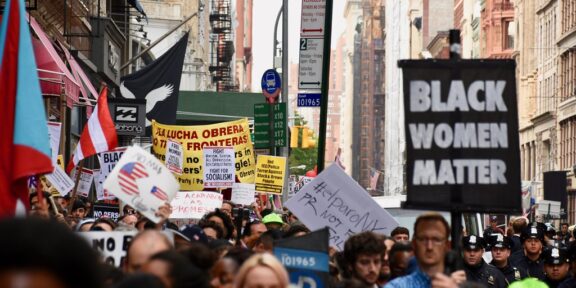By Arthur Cribbs, Howard University News Service
Joe Biden won the 2020 United States presidential election, becoming the 46th president in the nation’s 244-year history. Biden received the necessary 270 electoral votes to become president on Saturday, November 7, four days after Election Day on November 3.
The president-elect defeated incumbent President Donald Trump in the swing states of Arizona, Michigan, Pennsylvania and Wisconsin, which had swayed in Trump’s direction in the 2016 election. He was also leading in Georgia at the time of surpassing the 270 electoral votes.
Biden tweeted a video and released a statement on Saturday, shortly after being names the president-elect.
America, I’m honored that you have chosen me to lead our great country.
The work ahead of us will be hard, but I promise you this: I will be a President for all Americans — whether you voted for me or not.
I will keep the faith that you have placed in me. pic.twitter.com/moA9qhmjn8
— Joe Biden (@JoeBiden) November 7, 2020
“I am honored and humbled by the trust the American people have placed in me and in Vice President-elect Harris. In the face of unprecedented obstacles, a record number of Americans voted. Proving once again, that democracy beats deep in the heart of America,” said Biden in a statement. “With the campaign over, it’s time to put the anger and the harsh rhetoric behind us and come together as a nation. It’s time for America to unite. And to heal.”
Throughout the week, Biden made an appearance in his home state of Delaware, prior to recording enough votes to officially declare victory.
Biden emphasized the value of maintaining democracy and reiterated the message of bringing unity to the country as the nation’s leader.
“We are campaigning as Democrats but I will govern as an American president,” said Biden. “I will work as hard for those who didn’t vote for me as those who did vote for me.”
In Biden’s final speech on Friday before becoming the president-elect, he reiterated points of unity and alluded to discussing plans on policy issues.
“Senator Harris and I held meetings with groups of experts on public health and the economic crisis this country is facing,” said Biden on Friday. “We want everyone to know that on day one, we are going to put our plan to control this virus.”
Biden, who will celebrate his 78th birthday later this month, is expected to take office on January 20, 2021, and will be the oldest sitting president in the nation’s history. Trump, 74, is currently the oldest sitting first-term president.
The 2020 election marks just the fourth time in the last 100 years that an incumbent president has lost his re-election campaign.
The Biden administration also makes history with his running mate, Kamala Harris, who will become the first woman vice president of the U.S. when she takes office next year. She was also the first Asian American and African American vice presidential running mate on a major ticket in the country’s history.
For Biden, the last four years marked the first time in over 40 years that he wasn’t serving in public office. The former vice president who served under President Barack Obama from 2009 to 2017, also notably served as a Delaware Senator from 1973 to 2009.
Biden’s journey over the past year-and-a-half began when he announced his campaign on April 25, 2019, before officially launching his presidential race four days later.
Despite trailing following the Iowa caucus and the New Hampshire primaries earlier this year, Biden’s camp picked up steam with his landslide victory in South Carolina where he won over 48% of the primary votes, including nearly two-thirds of the Black vote.
“African American voters make up roughly 60% of primary voters for the Democratic party in South Carolina, so a Democrat cannot win in the state without the Black vote,” said Dr. Todd Shaw, a Political Science and African American Studies professor at the University of South Carolina. “Barack Obama’s campaign was made in South Carolina in 2008 and Biden’s relationship to Obama served as the critical difference for his campaign.”
The South Carolina win pushed Biden’s momentum into Super Tuesday, which took place a week later on March 3, where he won 10 states, including Texas and Virginia. Just a month after Super Tuesday, Biden’s final primary opponent, Sen. Bernie Sanders suspended his campaign and Biden became the presumptive Democratic party nominee in early June.
As Biden takes office, major areas of contention will include a national contact tracing program for COVID-19, expanding healthcare accessibility and restoring relations within the Paris Climate Accord, which the Trump administration withdrew from on Wednesday.
On the topic of race, Biden has talked about criminal justice reform, with policies including reducing the number of incarcerated people in the United States and eliminating mandatory minimum sentences for certain crimes.
For historically black college and university (HBCU) students, several of the issues of interest included environmental and criminal justice, the affordability of college education and health care.
Climate justice is important for our generation because we want a planet and a future that we can commit to and build more towards,” said Howard University senior legal communications major Michael Franklin in a Facebook Live with The National Urban League. “(Additionally), we are facing a global pandemic and we are seeing people in our community struggle and we want to make sure everyone has that equitable access to health care.”
Nia Page, a senior international studies major at Spelman College worked on the Biden campaign and emphasized the importance of HBCU funding and the future of these institutions.
“Over the past years, several HBCUs have lost accreditation and that’s incredibly upsetting to me,” said Page. “Several campaigns say that they care about Black students and HBCUs but there is no proof of that looking at their staff and their actions internally. Biden has a plan to give $70 million to HBCUs and has a staff that features HBCU graduates.”

